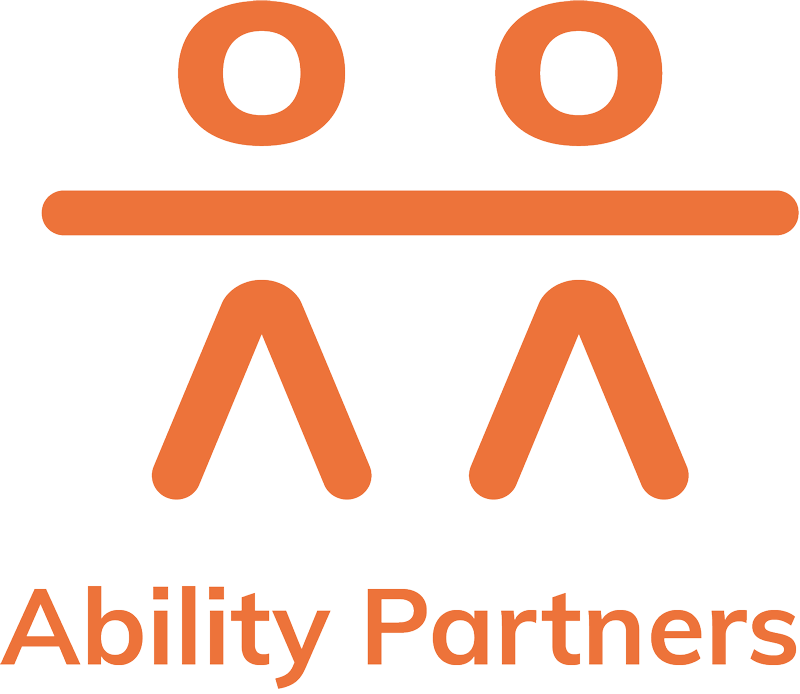ADHD Diagnosis Assessments

ADHD Diagnosis Assessments
An Attention Deficit Hyperactivity Disorder (ADHD) diagnosis assessment is a comprehensive evaluation conducted by healthcare professionals to determine whether an individual meets the criteria for ADHD.
Ultimately, the goal of an ADHD diagnosis assessment is to accurately identify the presence of ADHD symptoms and their impact on the individual’s daily life, guiding appropriate interventions and treatment strategies.
What is ADHD?
ADHD stands for Attention Deficit Hyperactivity Disorder. It is a neurodevelopmental disorder that commonly begins in childhood and can persist into adulthood. Individuals with ADHD often experience persistent patterns of inattention, hyperactivity, and impulsivity that can significantly impact their daily functioning and quality of life.
Ability Partners are pleased to offer ADHD diagnosis assessments and reporting, to inform other treating allied health and medical professionals within the participant’s support team.
What does an ADHD diagnosis assessment involve?
The ADHD diagnosis assessment will involve an appropriately trained Psychologist completing:
- A series of psychometric assessments
- Observations
- Interviews of family/participant.
Signs of ADHD
If you think that you or someone you care for has ADHD, some signs to look out for include:
- Hyperactive presentation
- Cannot sit still
- Difficulty with concentration/attention
- Excessive speaking, interrupting others
- Constant movement
- Acting first, without thinking through actions.
Why complete this assessment
It is important to have an ADHD diagnosis assessment to provide individuals with the necessary understanding and support for their condition. An accurate diagnosis allows individuals and their families to better comprehend the challenges they may face. This understanding can alleviate feelings of confusion, frustration, and self-blame that often accompany undiagnosed ADHD. Moreover, a formal diagnosis enables access to appropriate interventions and treatment options tailored to the individual’s needs.
The assessment may also:
- Benefit the participant to receive more tailored support from allied health
- Change the way someone sees themselves and the world around them
- Assist educators (i.e. teachers) to plan around symptoms, disruptions and better work with the student/family
- Reduce frustrations from not knowing why some symptoms are presenting.
You can find out more information about NDIS and ADHD here.
Our ADHD diagnosis assessments aim to:
- Identify symptoms
- Determine impact of symptoms
- Guide treatment.

